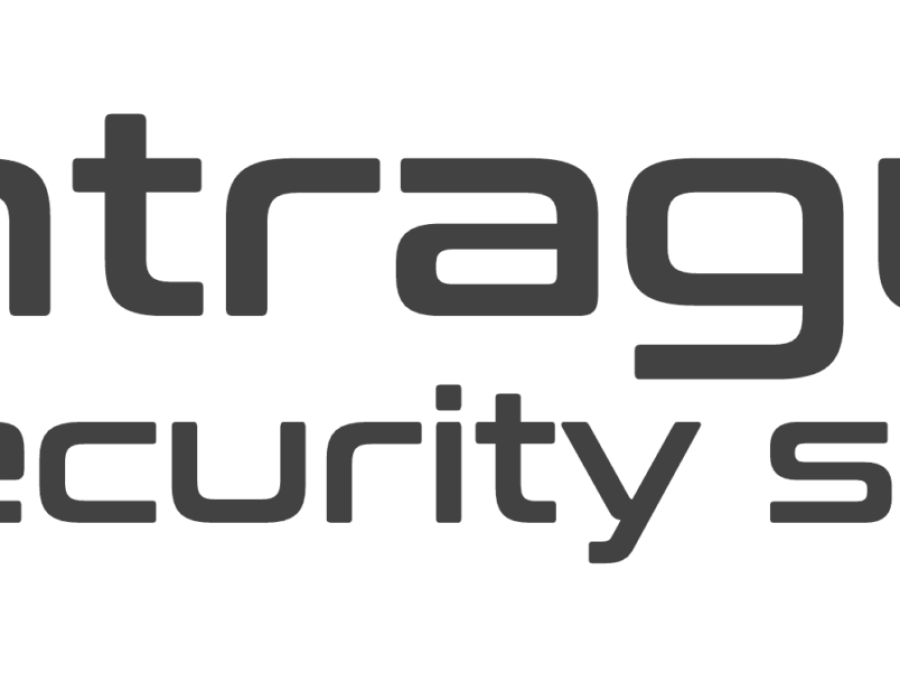The reception area is the first point of contact for visitors, clients, and employees in any organization. Ensuring the security of this area is vital, not only for protecting physical assets but also for maintaining a safe and secure environment for everyone entering the premises. A comprehensive and effective Reception Area Security Services can prevent unauthorized access, deter potential threats, and provide peace of mind. Here are some security tips to maximize the effectiveness of your reception area security services.
1. Implement a Robust Visitor Management System
A visitor management system is an essential part of security for any reception area. This system should include identity verification, sign-in procedures, and badge issuance. A digital system is preferable as it can record visitors' details, time of arrival, and departure, making it easier to track who is on the premises at any given time. Implementing a visitor log will help prevent unauthorized access and increase accountability.
2. Train Reception Staff on Security Protocols
Your reception staff is the front line of security. They should be thoroughly trained in security protocols, such as verifying the identities of visitors, screening for suspicious behavior, and following emergency procedures. Regular drills will ensure that they remain calm and efficient in case of an emergency. A well-trained receptionist can be your first line of defense against potential threats.
3. Install Surveillance Cameras
Surveillance cameras act as both a deterrent and a tool for monitoring activity in the reception area. Ensure that cameras are installed in visible locations, covering all entrances and exits. They should be connected to a central security system where footage can be easily accessed and reviewed. High-quality cameras with motion detection and night vision can further enhance the effectiveness of the security system.
4. Limit Access to Restricted Areas
Not all employees and visitors should have unrestricted access to the entire building. Clearly designate restricted areas and ensure that access is controlled. This can be achieved by issuing access cards or using biometric scanning systems for authorized personnel. By limiting access to sensitive areas, you reduce the risk of theft, espionage, or other security breaches.
5. Use Physical Barriers and Checkpoints
Physical barriers, such as security desks, gates, or turnstiles, should be used to prevent unauthorized people from accessing the building. These barriers also give the impression of heightened security, which can deter potential intruders. Installing security checkpoints at the entrance ensures that visitors are properly screened and that only authorized individuals are allowed to enter the premises.
6. Keep the Reception Area Well-Lit
A well-lit reception area not only creates a welcoming atmosphere but also improves security by reducing the likelihood of criminal activity. Proper lighting makes it easier to monitor who is entering and exiting and enhances the effectiveness of surveillance cameras. Ensure that all entrances, exits, and corridors are illuminated, especially during non-business hours.
7. Establish a Communication System
A communication system should be in place to ensure that reception staff can quickly communicate with security personnel or law enforcement in case of an emergency. This could include intercoms, direct phone lines, or two-way radios. In addition, ensure that there is an efficient alarm system that can be activated in case of a security breach.
8. Perform Regular Security Audits
Regular security audits will help identify weaknesses in your reception area’s security measures. These audits should include reviewing surveillance footage, testing security systems, and evaluating staff performance. Make sure to implement any necessary changes to improve security based on the results of the audits.
9. Maintain a Visitor Escort Policy
To ensure added security, establish a visitor escort policy. Visitors should be escorted by a designated employee at all times while on the premises. This will reduce the chances of unauthorized individuals wandering around and accessing restricted areas. It's also important that visitors are always required to sign out upon leaving.
10. Use Smart Access Control Systems
Smart access control systems allow for real-time monitoring and control of who enters and exits your premises. These systems can include key cards, biometric scanners, or facial recognition technology. They provide an extra layer of security by ensuring that only authorized individuals are granted access, and can also track movement throughout the building for audit purposes.
Conclusion
Maximizing the effectiveness of your reception area security services is essential for the safety of your organization and its occupants. By implementing a robust security strategy that includes advanced technology, employee training, and physical barriers, you can create a secure and controlled environment that deters threats and ensures peace of mind for all visitors and employees. Regular reviews and updates of your security systems will ensure that your reception area remains secure in the face of ever-evolving security challenges.
Intraguard is one of the leading private security companies, offering a wide range of services including manned guarding, patrolling, CCTV surveillance, reception management, and guard dog patrols across the UK.





Comments